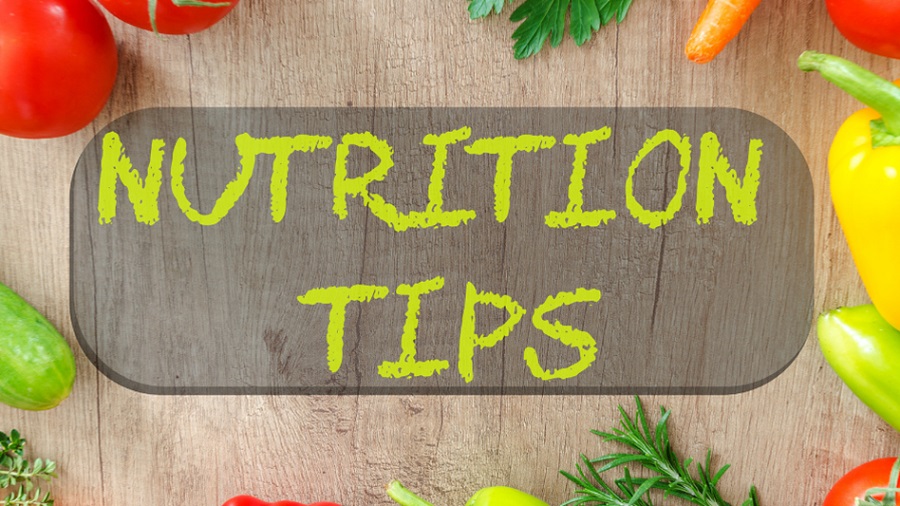Do you know that the food you eat can be one of your secret weapons to combat pain? While medications and treatments from a pain management center may provide you relief, making strategic dietary choices could further boost its effectiveness. In this article, we will explore some nutrition tips that may help decrease your pain and improve your overall quality of life.
Anti-Inflammatory Foods for Pain Relief
Inflammation is often linked to many chronic pain conditions, such as arthritis, fibromyalgia, and neuropathic pain. Consuming foods with strong anti-inflammatory properties may help alleviate these conditions. Here are some top anti-inflammatory foods you may want to add to your diet:
- Fatty fish: Salmon, mackerel, and sardines are rich in omega-3 fatty acids, which can decrease inflammation and consequently reduce pain.
- Berries: Blueberries, strawberries, and raspberries contain powerful antioxidants and are a natural source of anti-inflammatory compounds.
- Leafy greens: Spinach, kale, and Swiss chard are packed with nutrients that fight inflammation.
- Nuts and seeds: Walnuts, chia seeds, and flaxseeds are packed with omega-3 fatty acids, antioxidants, and other helpful compounds.
Foods to Avoid When You Have Chronic Pain
According to research, some food groups can potentially increase inflammation, resulting in an escalation of pain and discomfort. It would be advisable to limit or avoid consuming these foods as much as possible:
- Refined carbs: White bread, pasta, and other processed carbs have a high glycemic index and could exacerbate pain by promoting inflammation.
- Sugar: Excessive sugar intake can be responsible for increased inflammation and chronic pain. Consider reducing your sugar intake or opt for natural sweeteners like honey or maple syrup.
- Saturated fats: Foods high in saturated fats, such as red meat, fried foods, and processed snacks, may contribute to inflammation.
Pro Tip: Stay Hydrated
Do not underestimate the power of proper hydration! Drinking sufficient water daily helps to flush out toxins, supports healthy digestion, and keeps your joints lubed. Proper hydration also helps reduce inflammation, which is a common cause of chronic pain.
Conclusion
While nutrition alone may not eliminate chronic pain, incorporating these tips into your dietary routine may significantly improve your symptoms and support your overall health. In conjunction with professional guidance from a pain management center in Indiana, these dietary changes could deliver lasting comfort and improve your quality of life. Experiment with the combination of foods that work best for you, and don’t forget to consult your healthcare provider before making any significant changes to your diet. A well-rounded approach to pain management might just lead you to a happier, healthier, and pain-free life!

